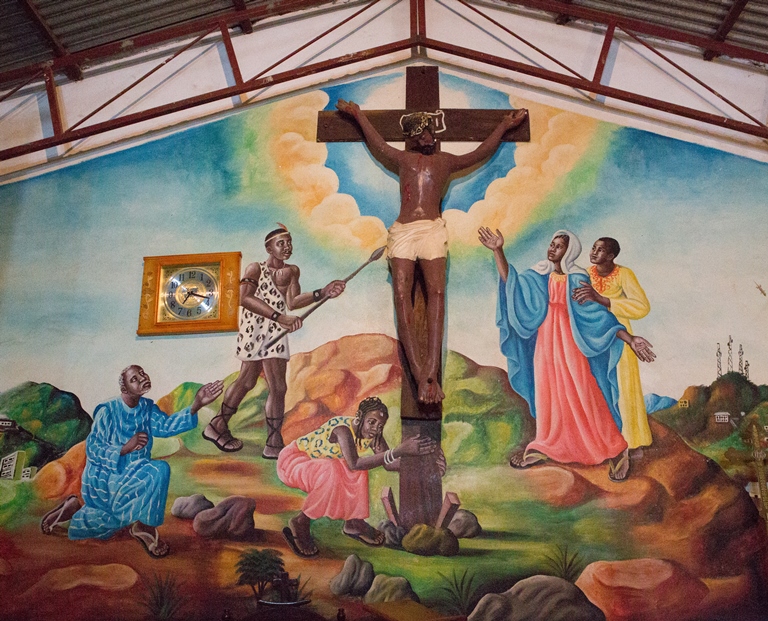|
Sierra Leone: an impoverished Church is coping with aftermath of Ebola epidemic
Thursday, August 20, 2015
Fortunately, despite a discrepancy in numbers, Islam and Christianity coexist together peacefully, with conversions in both directions, as well as interfaith marriages, common and widely accepted.
By
Daniel Konstantinovic
NEW YORK—The Ebola
epidemic may be largely contained, but the suffering it caused continues. Such
is the case in one of the countries that was at the epidemic’s epicenter,
Sierra Leone, where, in the words of a leading Church official, “our biggest
sorrow is the aftermath of Ebola.”
During the epidemic—which killed 4,000,
leaving countless children orphaned and many people homeless—the Church in
Sierra Leone played a crucial part in raising awareness about the disease and
promoting healthy habits to counteract the spread, including safe but dignified
burials. Today, Bishop Henry Aruna of Makeni told international Catholic
charity Aid to the Church in Need, the Church is on the forefront of caring for
the orphans and others needing continued special care.
Sierra Leone’s Catholic Church has taken
on much of the burden of accommodating orphans by building orphanages and
continuing to support them with humanitarian aid and education. However, the Catholic
Church is a minority in the country, alongside adherents of other Christian
Churches and indigenous beliefs, with 60 percent of the population being
Muslim.

The government, said the bishop, is not helping the Church do to the
job—which it is hard-pressed to do due to a lack of resources. Yet, said the
prelate, who also serves as the national director of the Pontifical Mission
Society in the country, “these children are our future.”
Fortunately, despite a discrepancy in
numbers, Islam and Christianity coexist together peacefully, with conversions in
both directions, as well as interfaith marriages, common and widely accepted. However,
the bishop is concerned that extremist Islam—on the march in North Africa—will eventually
make inroads into the country.
Bishop Aruna said that it is all the
more crucial that the Church´s relationship with Islam in the nation stay
cordial. Toward that end, an interreligious council comprised of imams and Church,
whose aim is to strengthen Christian-Muslim relations as well as have an impact
on government policy on matters important to both faiths.
The Church in Sierra Leone’s biggest
challenge—affecting all its activities and ambitions—is its poverty, a
condition made worse by the demands of caring for the orphans and other
survivors of the Ebola academic—not to mention the ongoing impact of the
country’s bloody civil war (1991-2002). There is little money for the formation
of priests, catechists and lay leadership. In some cases, a shortage of priests
will prompt an entire Christian village to convert to Islam.
The prelate expressed concern that if
the Church cannot properly support its people, the already small Catholic
presence could shrink even more.
Wall painting in parish in Freetown, Sierra Leone
|